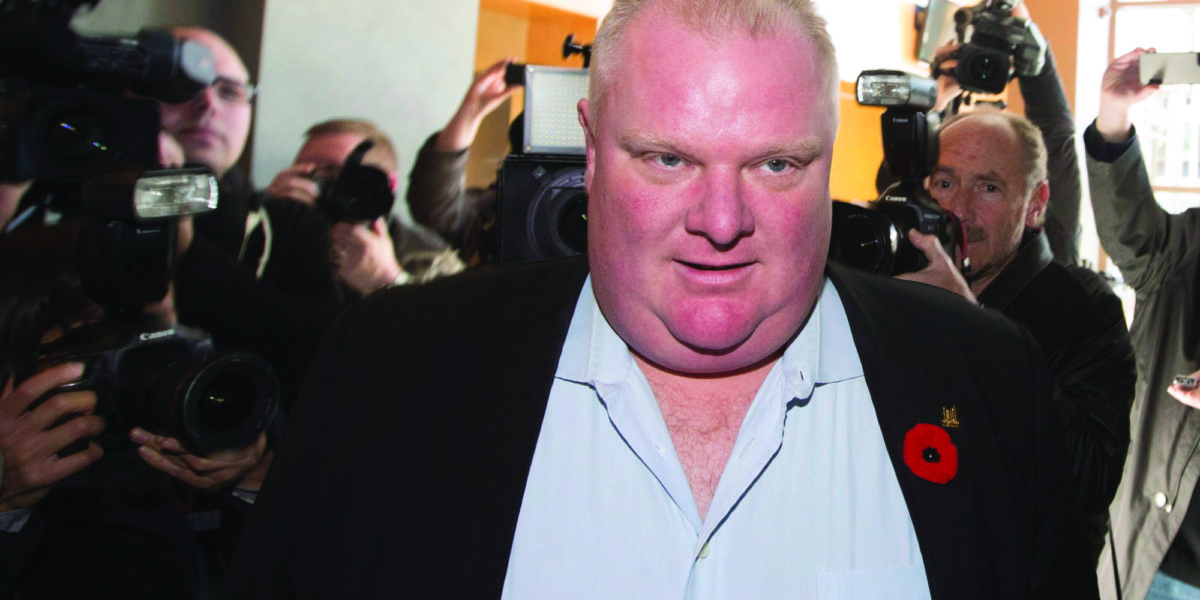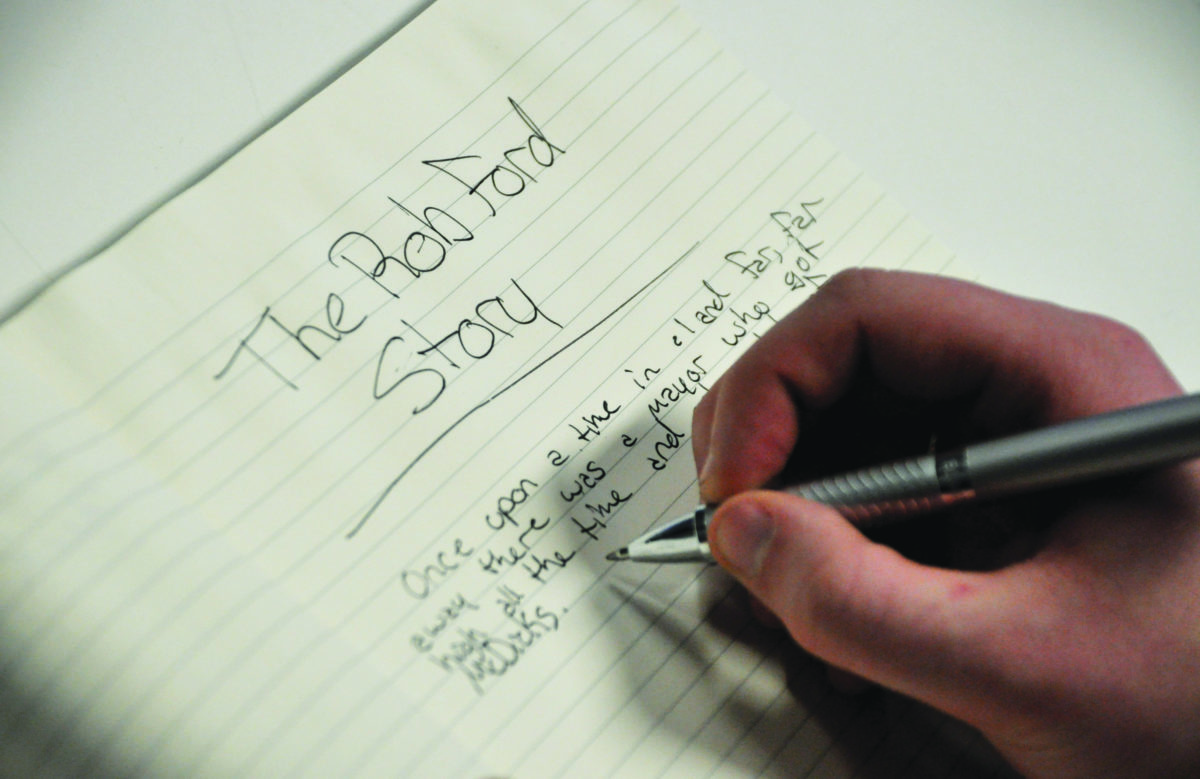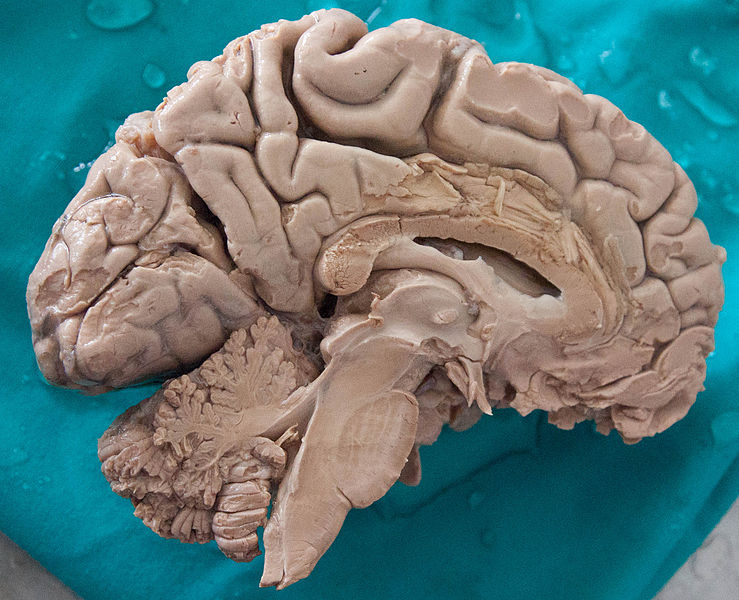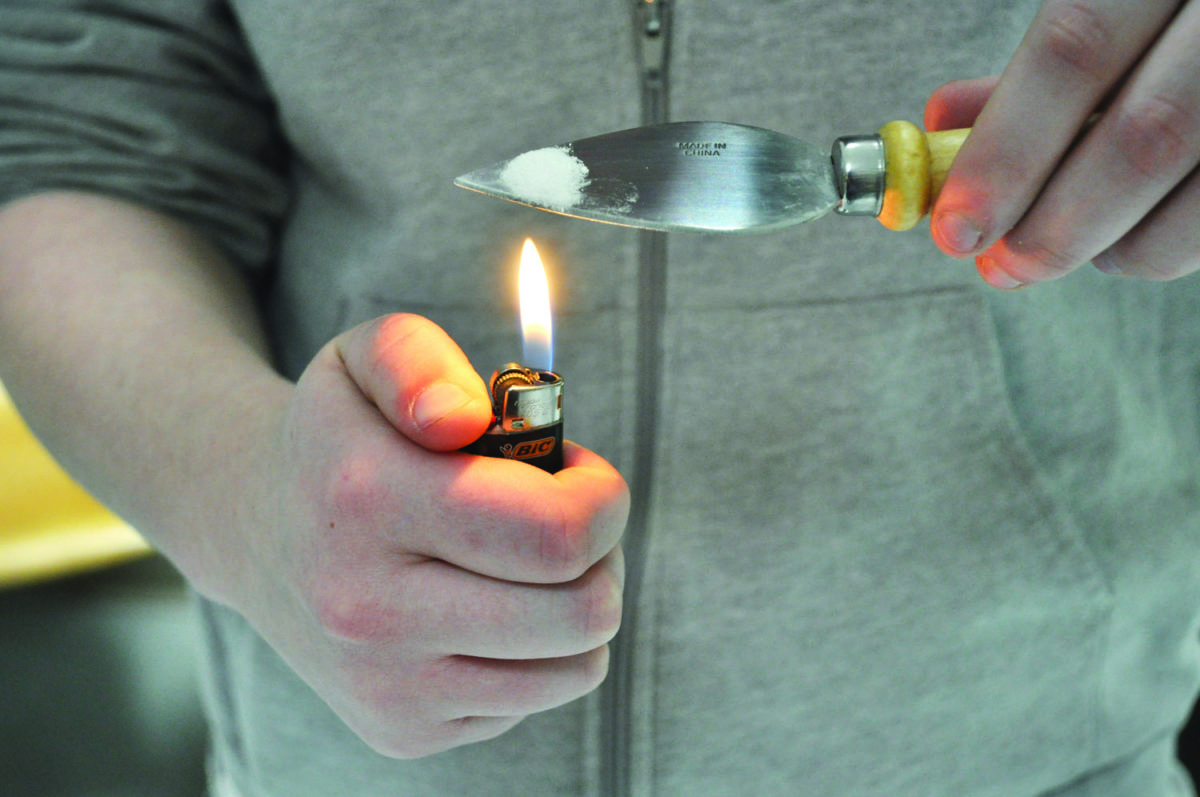
Rob Ford has gone from municipal politician to global pop culture icon in record time. His story contains elements of tragedy, comedy, psychology and, for the optimists out there, perhaps even redemption. The AQ’s Tamara Gravelle hears from a creative writer, a humourist, an addiction psychologist and a recovering addict to try to piece together the Rob Ford story.
Stranger than fiction
Kathy Mac, creative writer
While watching all this drama unfold, there must be some writer in the world thinking, “Wow, this would make a great book.”
So, how would an author go about writing a character based on Rob Ford? Kathleen McConnell, commonly known by her pen name Kathy Mac, is an English professor at STU with a focus in creative writing.
She said writing this character may prove harder than it seems.
“If I was writing Rob Ford, I would have to be very, very careful,” said Mac. “Because, in this case, I think we can say honestly that truth is stranger than fiction.”
Mac said most people wouldn’t believe that these events could happen to a character in fiction, using the example of Ford knocking over Coun. Pam McConnell during a city council meeting.


“If you wrote that in a fiction book and did not contextualize it properly people would say, ‘I don’t believe that’ then toss your book aside and go read something they found more plausible,” said Mac.
An author would also have to get past the madness of the character’s behaviour to expose his anxieties and motivations.
“This would make him a very interesting character; this would give him a character with depth,” said Mac. “That on one hand he’s doing crazy, amusing, hilarious things but on the other hand; underneath it, he’s doing them out of a total fear of losing his position.”
Mac said this fear, this flaw, would lead to the fall of the Rob Ford character. This would make him a well-rounded character no matter what role he played in the story.
It can end in many ways, said Mac, but the most likely would be tragedy. How these endings happen would depend on which way the author wants to take it.
“The possibilities are endless,” said Mac. “Literally, endless.”
The daily show
Brandon Hicks, humourist
Comedy networks and late night talk shows ran with the Rob Ford running joke for the better part of a week. First it was him admitting he once did crack cocaine, then refusing to step down from office, then telling the media that he’s got “more than enough [pussy] to eat at home.” Plus all the Keystone Cop drama of council and the police blotter.
Brandon Hicks is a third-year STU student and self-proclaimed humourist. He said comedians base their work off real world events because that’s what people are talking about and that makes it interesting.
“Everything is ridiculous, and satire makes a point of showing that,” said Hicks. “Humour drawing from current or world events, or our own personal lives may help us gain perspective on those things.”
Hicks also said humour can help people understand the situation better; to make a joke out of it, the comedian needs to know the complexity of the situation.
“Also, it can be more personal that way. People make humour from their own lives, or the events that affect them directly, it draws them into it. It becomes a narrative,” said Hicks. “Parodies of current events have almost as big an effect in solidifying an event or situation into the culture as reporting does.”
When it comes to Rob Ford, Hicks said the enormity of the story and character is what makes it so funny.
“The whole thing is just nuts.”
Hicks said Ford has become a “self-contained satire.”
“We hold the position of mayor of Toronto at such a high prestige, Ford’s actions becomes a complete bastardization of those ideals,” said Hicks. “Mayor Ford is a parody of a mayor. The joke is already there.”
The eternal spotlight of the uncalibrated mind
Troy Harker, UNB psychologist
The reason why Rob Ford’s in the spotlight right now, is his use and denial of crack cocaine.
Ford said he has only used it once and is not an addict, so, what does that one time use do?
Troy Harker is a psychology professor at UNB.


He says there’s a system in our brains that works as a pathway to a “reward” centre. This centre is what tells us to feel good when we’ve done something positive or are in an environment that makes them happy. In the system there’s a “reward dial” that gets “turned up.”
“It’s kind of like the volume dial on a stereo,” said Harker. “It can regulate the sound coming out of the speakers. It allows the sound to be adjusted depending on the circumstance or situation.”
Harker said drugs like cocaine and heroin have different neurological effects on the brain, but they all have the same end goal, to turn up the reward dial.
“What cocaine does is it will activate that reward dial about 300 to 400 per cent more effectively than what your own natural body systems can do,” said Hacker.
“Behaviourally, what that feels like is, you feel euphoric, you’re active, you’re talkative, people report feeling powerful, alert.”
This is why Harker said people who take the drug once often become dependent on it. The problem with that is after repeated use, the reward dial becomes uncalibrated.
This means that your body’s natural ability to turn the dial isn’t working properly or at all. It will only work when the person takes cocaine.
Harker said there’s a chance you’ll see psychotic behaviour in people who are addicted or regularly take cocaine.
“[You’ll see] hallucinations, or delusions of prosecutions. You think everyone is out to get you, you make some lewd disturbances, you can see repetitive type behaviours,” said Harker. “It’s actually quite similar to the behaviours you see in a paranoid schizophrenic.”
Harker said taking the drug once puts the person at a higher risk of using it frequently or becoming addicted, but that doesn’t mean they will.
“Is it guaranteed? Not necessarily.”
Harker said if there’s an addiction problem, Ford can kick the habit.
“[The reward dial] can be re-calibrated. It takes time re-connecting that dial back up to the system properly. It can be difficult. But if you got the right kind of technical support and the right skills, it can be gradually re-calibrated.”
The happy ending
David Carr, media columnist
Earlier this month, David Carr visited STU for the annual Dalton Camp lecture. The ex-cocaine addict was able to get his life together and re-calibrate his reward dial.
During the lecture, he was joking about Rob Ford, most notably his weight, when a picture comes up on the screen of an over weight man who isn’t Ford.


“Oh, wait,” said Carr. “That’s me.”
Carr was about 280 pounds in the photo and just about to leave recovery. He said his experience makes him sympathize with the mayor.
“When I see Mr. Ford struggling, I see myself,” said Carr. “Five time treatment loser, person who lied just for practice, a person who just thought everyone else was the problem.”
Carr got clean, got custody of his kids and got his life put back together.
And, now, he’s the media columnist for The New York Times.
